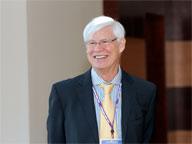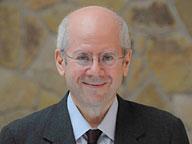Research Center Events
—
Himelberg Speaker Series: The Story of Chobani Yogurt with Founder and CEO Hamdi Ulukaya
—

Every seat in Gardner Commons was filled when Hamdi Ulukaya, founder and CEO of Chobani, came to campus to share his story of success.
Research Center Events
—

Every seat in Gardner Commons was filled when Hamdi Ulukaya, founder and CEO of Chobani, came to campus to share his story of success.





















